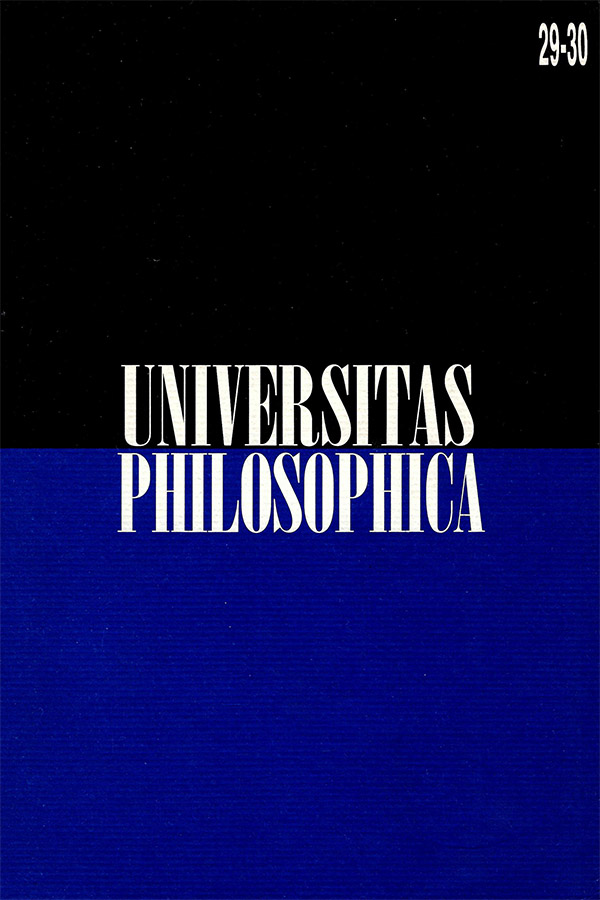Resumen
En su obra La fragilidad del bien. Fortuna y ética en la tragedia y la filosofía griega, Martha Nussbaum estudia importantes contenidos éticos en la creación poética, y en la tragedia en particular. Partiendo de que existe una dimensión ética en todo hecho estético y una dimensión estética en el problema ético que Nussbaum considera central, la vulnerabilidad de la excelencia humana, la autora investiga la tragedia en el contexto de los grandes dilemas del pensamiento del siglo V a. C., ampliando así el campo de reflexión tanto para la ética, como para la comprensión del texto dramático. El objetivo del presente ensayo es mostrar cómo, a partir de textos de los tres grandes poetas trágicos de Atenas, Nussbaum sustenta su enfoque del conflicto trágico como dilema insoluble. Se señala, también, la importancia de su reinterpretación de la katharsis aristotélica como acto de conocimiento y no simplemente de purga y purificación. Además, se expone su análisis de la ley de venganza como respuesta a la vulnerabilidad de los acuerdos humanos. Finalmente, y ya que el teatro isabelino constituye una de las cumbres de lo trágico en Occidente, se intentan ejemplificar, a la luz de la visión de Nussbaum, las ideas de conflicto y venganza contenidas en algunas de las tragedias de Shakespeare, ideas que pueden contribuir tanto a la comprensión del teatro isabelino, como a la apertura de esta dramaturgia a la investigación ética.
Esta revista científica se encuentra registrada bajo la licencia Creative Commons Reconocimiento 4.0 Internacional. Por lo tanto, esta obra se puede reproducir, distribuir y comunicar públicamente en formato digital, siempre que se reconozca el nombre de los autores y a la Pontificia Universidad Javeriana. Se permite citar, adaptar, transformar, autoarchivar, republicar y crear a partir del material, para cualquier finalidad (incluso comercial), siempre que se reconozca adecuadamente la autoría, se proporcione un enlace a la obra original y se indique si se han realizado cambios. La Pontificia Universidad Javeriana no retiene los derechos sobre las obras publicadas y los contenidos son responsabilidad exclusiva de los autores, quienes conservan sus derechos morales, intelectuales, de privacidad y publicidad.
El aval sobre la intervención de la obra (revisión, corrección de estilo, traducción, diagramación) y su posterior divulgación se otorga mediante una licencia de uso y no a través de una cesión de derechos, lo que representa que la revista y la Pontificia Universidad Javeriana se eximen de cualquier responsabilidad que se pueda derivar de una mala práctica ética por parte de los autores. En consecuencia de la protección brindada por la licencia de uso, la revista no se encuentra en la obligación de publicar retractaciones o modificar la información ya publicada, a no ser que la errata surja del proceso de gestión editorial. La publicación de contenidos en esta revista no representa regalías para los contribuyentes.


